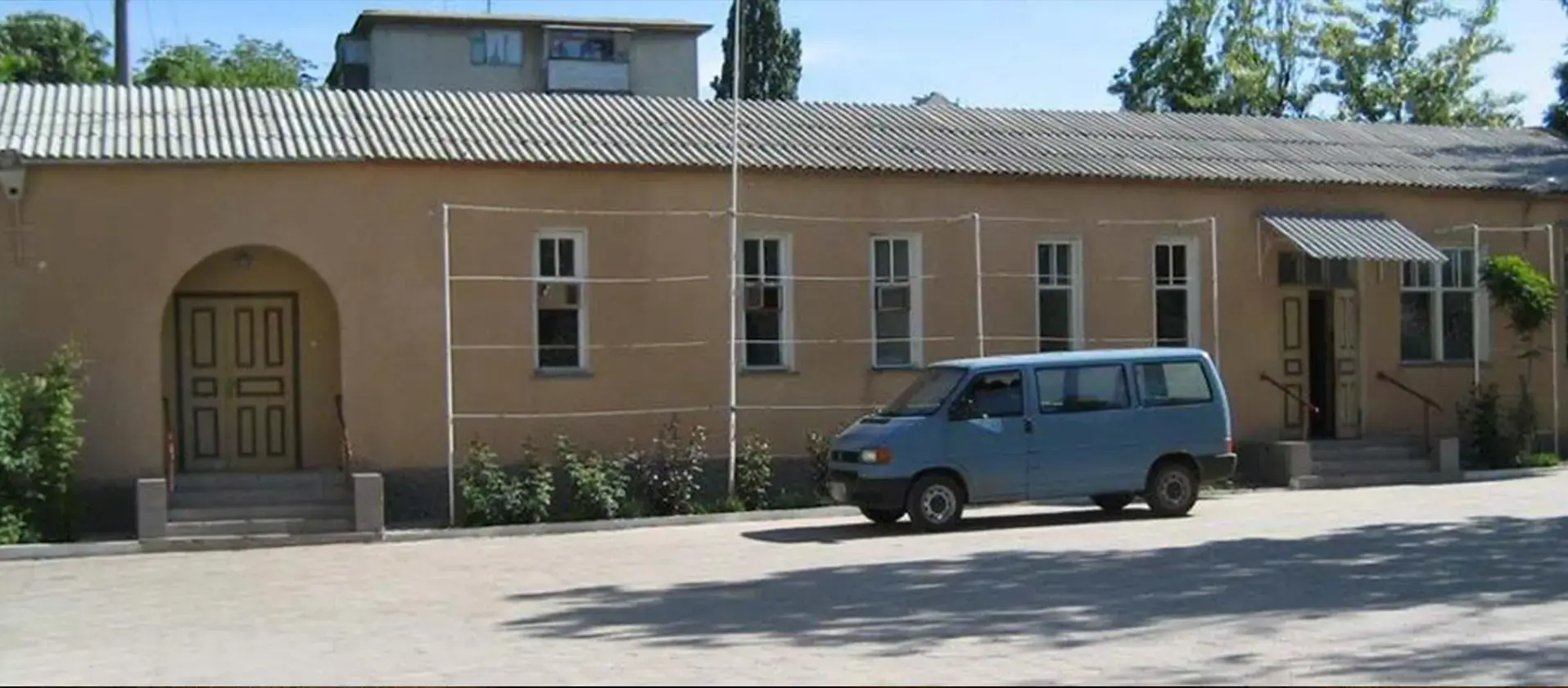
Odessa – help for street children
Social Commitment
Project summary
Help for street kids
In the Ukraine, there are tens of thousands of children living on the street. This is a very recent development, which started with the country’s independence following the dissolution of the Soviet Union. Public institutions are very scarce and often in a desolate state, so many of these homeless children live in condemned buildings, cellars or also in district heating shafts during the winter.
In Odessa, winter temperatures can reach -25° C. In summer, however, the city on the Black Sea is a popular holiday resort, so many homeless children from the surrounding areas gather here, even coming from Russia and Moldavia, to beg for food and money from the rich tourists. In most cases, the parents are dead, or the children have fled from domestic violence to live on the street. They have no papers and are virtually non-existent for the authorities. Many of them are drug addicts; glue smoking is especially very widespread.
Many of them are HIV-positive. At 1.4%, the Ukraine has the highest HIV rate in Eastern Europe. In the seaport city of Odessa, it is said to be many times higher. Due to prostitution and the use of second-hand syringes, the street kids have become a special risk group.
A Baptist church in Odessa called “Blagodatj” (grace), has committed itself to working with street kids. On the church grounds, it built an orphanage in 2000 which now provides a home for about 40 children and teenagers. Since then, a partnership has existed between this congregation and the Evangelical Free Church in Barsinghausen. Together with deister electronic GmbH, the Barsinghausen Baptists support the orphanage with monthly donations.
With the help of ASB, deister electronic has already organised several transports of relief goods for the children. Church members in Barsinghausen have collected clothing, furniture and games. deister electronic provided one of its halls for collecting and loading the goods and also paid the costs for transporting them to Odessa.
To “help them to help themselves”, deister electronic purchased a piece of land on the outskirts of the Ukrainian seaport city in 2001, to build a farm whose yields were destined to help cover the running costs of the orphanage.
In 2006, a holiday camp on the Black Sea was also established, where the children from the orphanage can spend their holidays together with needy children and families from the surrounding area.
Volker Franzen, an agricultural engineer from Eckerde, helped (and still helps) the Odessa staff to develop and run the farm. He teaches them basic agriculture and has provided the farm with modern German farming equipment. “We now cultivate 40 hectares of land, and we have planted an orchard with a total of 4,600 trees. We harvest cherries, apples, apricots, plums and peaches. We also have 25 sows, 100 laying hens, a vegetable garden and a greenhouse. The farm provides food for the children and the farm workers, and the holiday camp as well. Any surplus products are sold on the market and the proceeds used to finance investments in the orphanage. The children from the orphanage like to help with the fruit harvest, they pickle gherkins and make apple sauce. They enjoy helping on the farm. Being close to the animals and to nature is very good for them.”
To develop the farm further, a greenhouse was built in 2004, a grass shredder for the orchard and a cultivator for straw incorporation were donated from Germany.
In 2010, a cold storage unit was built for the apples so that fruit can be stored for the winter.
Now a “transition house” has been built for the children above the age of 18 who are required to leave the orphanage. Here, 20 apartments are available for the young adults where they can live until they have completed their vocational training, have found a job and are earning enough money to finance their own living expenses.
The work of the “Blagodatj” Church can be viewed on their homepage in the Internet, on:
http://grace.od.ua/ (only in Russian)